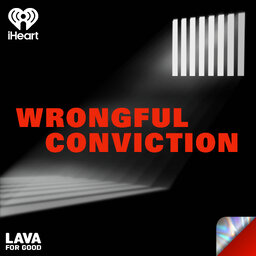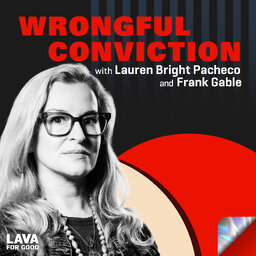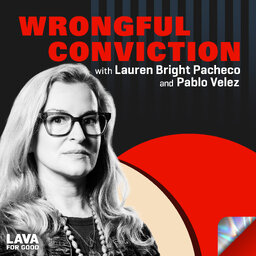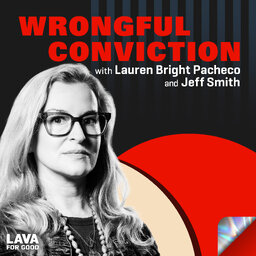On October 22, 1991, when 17-year-old Chedell Williams and a friend went to Fern Rock subway station in North Philadelphia, two men approached them and demanded Chedell’s earrings. She refused and ran, and one of the men chased her to nearby 10th Street and Nedro Avenue, where he snatched the earrings, and shot her in the throat. Her friend was left unharmed. The two men were joined by a third man who was waiting in a 1978 Chevy Malibu. Chedell died at a hospital less than an hour later. The pressure was on the police and prosecutors to solve the crime, when some local “stick-up boys” named 21-year-old, burgeoning R&B vocalist Jimmy Dennis as a potential culprit. Hearing of this, Jimmy went to the police to confront the rumors, maintaining that he was on a bus miles away at the time of the murder with eyewitnesses to corroborate his claim. No forensic evidence tying Jimmy to the crime was ever developed, and evidence and eyewitness accounts that proved his innocence were suppressed. In this emotional interview, we hear the story of a promising musical career curtailed and a 25-year-long battle with a wrongful conviction from death row.
https://www.wrongfulconvictionpodcast.com/with-jason-flom
Wrongful Conviction is a production of Lava For Good™ Podcasts in association with Signal Co. No1.
 Wrongful Conviction
Wrongful Conviction


